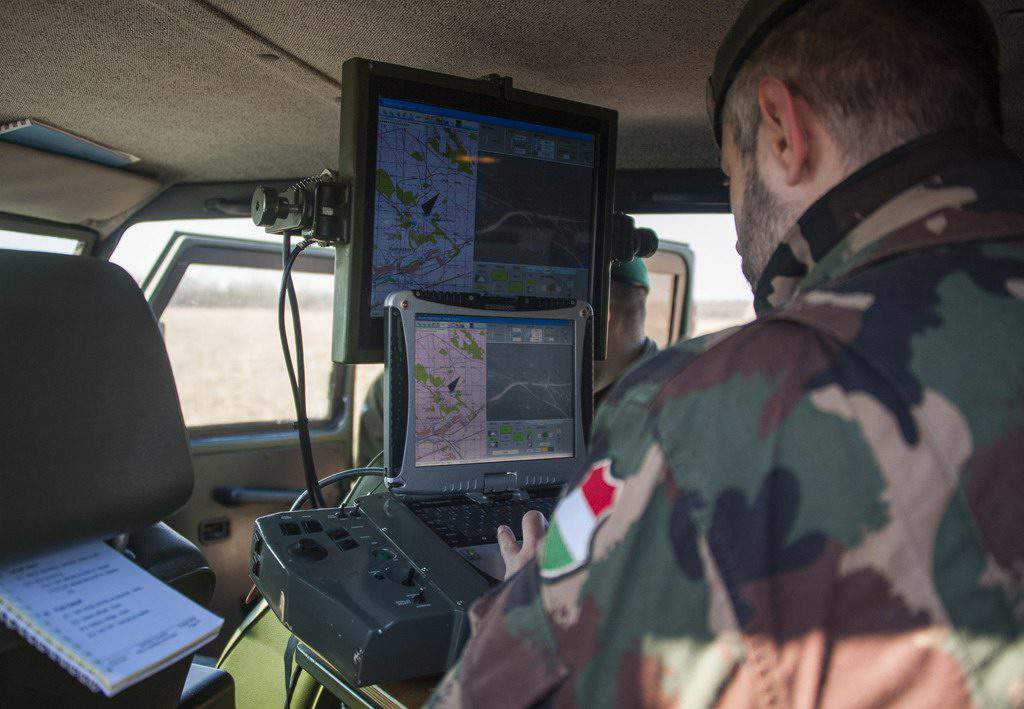The Hungarian National Defence Force might collect biometric data from criminals and illegal immigrants
Change language:
The Hungarian National Defence Force could start to collect biometric data in its area of operations and in connection with illegal migration. This data will be conserved for 50 years and will be handled by the Military National Security Service. The collection and handling of the data will be achieved via NATO’s standard reconnaissance system, within the confounds of the Hungarian national defence and armed forces development program, Zrínyi 2026 – wrote magyaridok.hu.
The Hungarian National Defence Force starts it biometric data collection, including mainly its area of operations, as well as because of the challenges concerning illegal migration. You can read about the levy in connection with immigration here. The following can be read in the proposal for the amendment of the law concerning the new formation of the organisational structures of the Hungarian National Defence Force:
“Henceforth, the individual data can be handled in the cases of those who appear in the area of their operation, such as civilians who support or oppose, or contact the forces of National Defence, as well as in the case of members of opposing military forces.
The Hungarian National Defence Force will partake in the operation as a data-processor, while the data controller will be the Military National Security Service.”

While executing the tasks and operations specified in the new statue of law, the Military National Security Service is allowed handle fingerprints and palm prints, DNA samples, retinal images, voice samples, facial images and more biometric data.
The data-handler must conserve the collected data for 50 years from the moment of its recording,
and in the case of a deceased person, the data can only be deleted if no further security interests demand its further conservation. These data – within the confounds of international collaborations and national security – can be forwarded to other nations or international organisations with which Hungary entered into an information privacy contract. Such data can also be transmitted to the several inland organisations concerning security, such as to the Hungarian National Police and Special Service for National Security.






